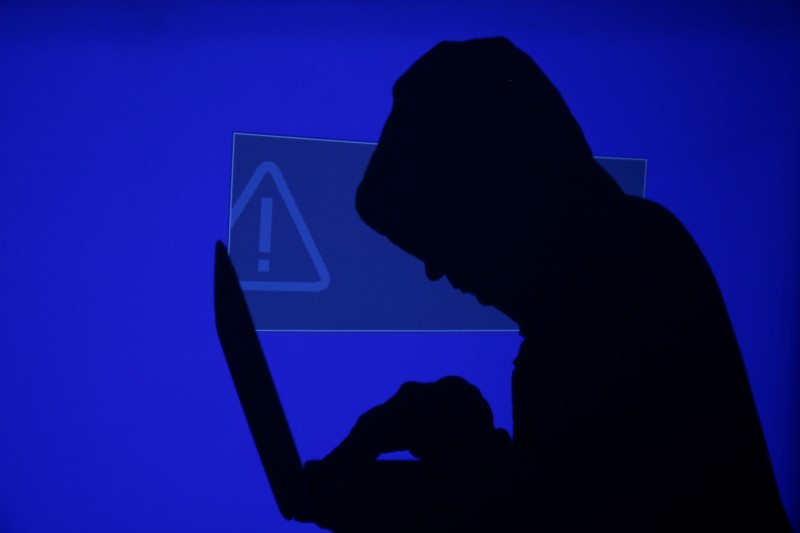
SANTA MONICA – Imagine getting up in the morning and checking your email, just as you do every day, only to find something horrifying. You wake up, grab some coffee, and log into your Gmail account to see the latest emails from your boss. However, instead you stumble upon one with the subject: Read this and be smart, from an unknown sender. Upon opening the email, you find the body of the email involves sexually explicit photos of you.
We’ve all heard the horror stories of people whose private information has been hacked. We’ve been told countless times to be careful what links you clink on, what you download and how you input private information into your computer. However, many people to do not think about their webcams and private photos being released.
However, this nightmare is an all to familiar reality for many across America and throughout the world. Brookings published an article getting to the bottom of sextortion. They examined what it really means, how relatively unknown it is, and the traumatic effects it has. The articles detail a woman who was the recipient of that email with the subject: Read this and be smart. The email, aside from involving sexually explicit photos of her, required something in return for the images not being released – a pornographic video of her. The victim was threatened that the photos would be released if a video was not received in one day.
The article details that the perpetrator, Luis Mijangos, was caught and sentenced to 6 years in prison. However, the lasting effect on the approximately 230 people Mijangos had private content on will continue long past his release. And more importantly, Mijangos is not the only predator. Cyber Sextortion is a relatively new crime that is on the rise due to new technology and many people not taking the proper precautions to avoid being victims. Computers can often be easily hacked and often can even be broken into remotely without the victim having any knowledge that it has been done.
We live in a society where people post their lives on social media and are constantly connected. With access to an entire social network at the tip of our finger tips, the need for privacy is now even more necessary than ever. Taking proper safety precautions: having difficult passwords, covering up your webcam, knowing exactly what you download to your computer, and not having private, personal information or photos saved on your computer are all good steps you can take to help keep you a little safer.
Photo courtesy of Reuters.





